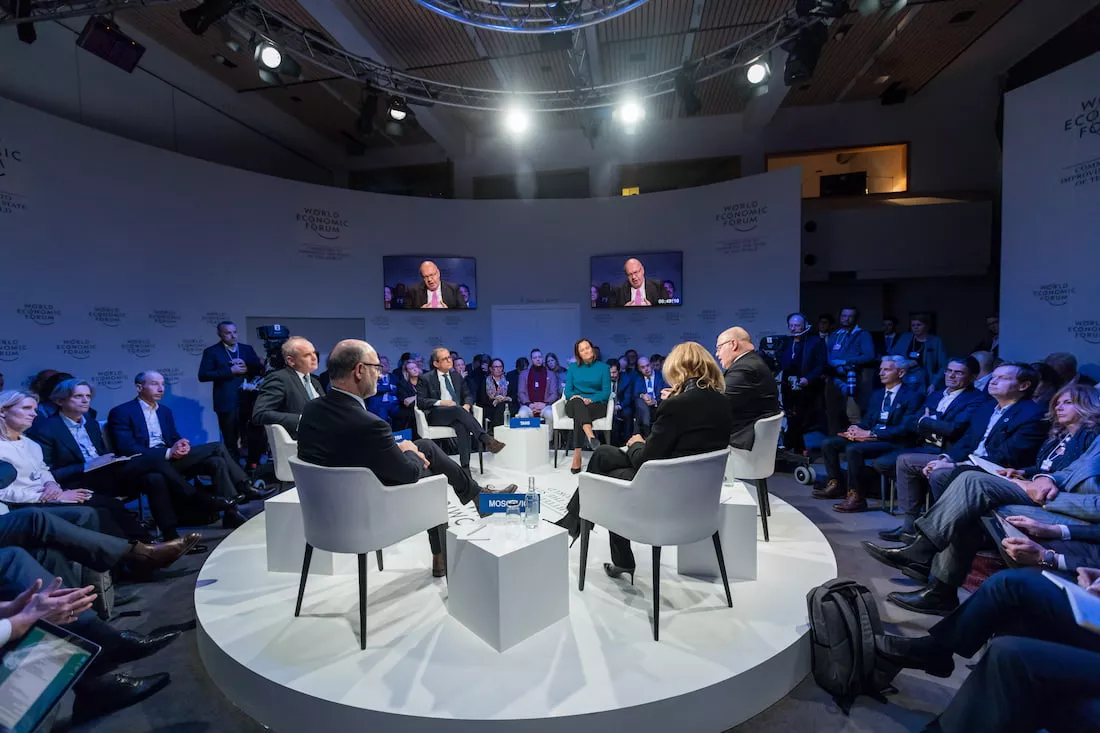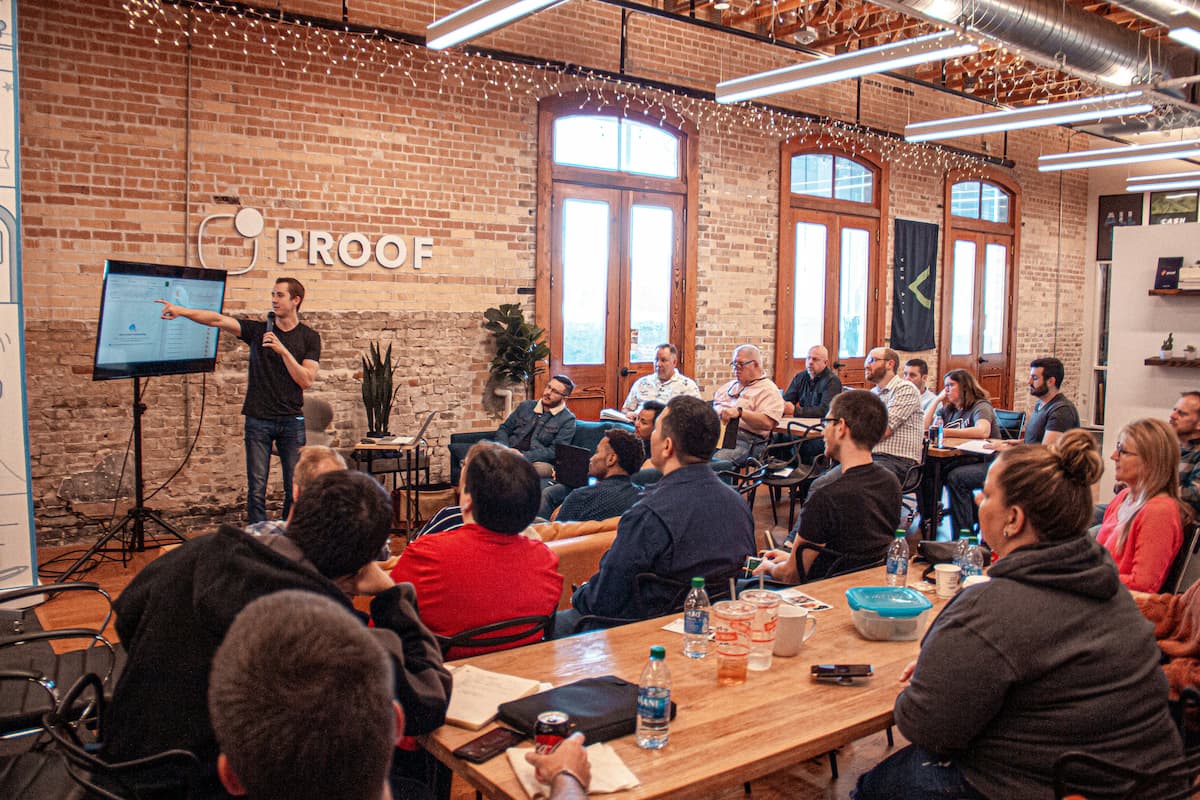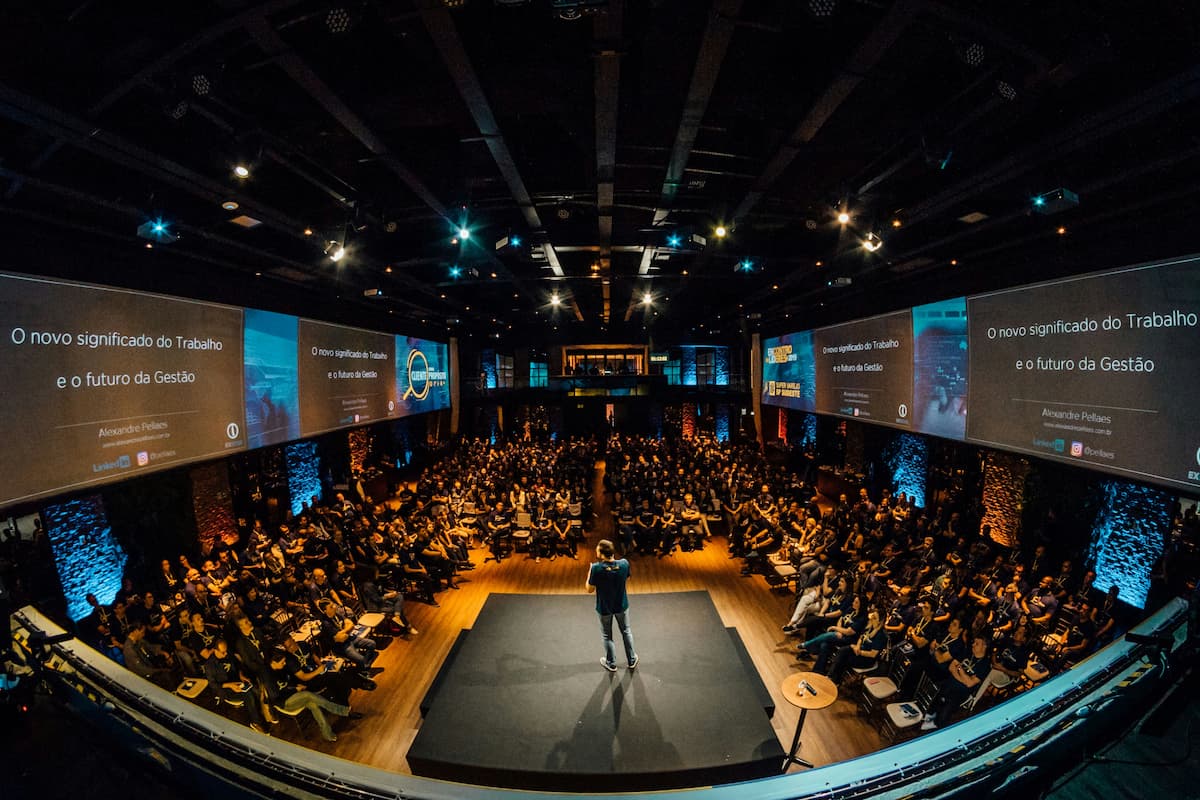In the ever-evolving world of business, conferences play a pivotal role in fostering innovation, networking, and professional growth. Whether you’re orchestrating a small industry seminar or a massive international convention, the stakes are high, and the expectations are even higher. But let’s face it—planning a conference can feel like juggling a hundred tasks at once, each one as critical as the next.
The good news? With the right strategy and tools, you can transform this daunting task into a seamless, rewarding experience. Imagine orchestrating an event where every detail falls into place, leaving your attendees inspired and eager for the next one.
Ready to turn that vision into reality? This comprehensive guide will walk you through every step, ensuring your conference is an unforgettable experience.
Steps For Planning A Successful Conference
Define Your Conference Objectives
Clearly outlining your conference goals is the cornerstone of effective planning. Start by asking yourself what the purpose of the conference is. Are you aiming to educate, network, or showcase new products?
Identifying your target audience is equally important—are you trying to attract industry professionals, academics, or the general public? Defining these objectives will shape every aspect of your conference, from content to marketing.
For example, if your goal is to educate, your sessions might focus on in-depth workshops and expert panels. Conversely, a networking event would emphasize interactive activities and ample breaks for mingling.
Establish a Budget
Developing a comprehensive budget is essential for guiding your financial decisions throughout the planning process. Begin by listing all potential expenses. Venue costs can include rental fees, setup, and teardown charges.
Catering might cover meals, refreshments, and special dietary requirements. Speaker fees, travel, and accommodation should also be factored in. Don’t forget marketing expenses such as advertising, promotional materials, and social media campaigns.
Additionally, allocate funds for event technology like audio-visual equipment and ticketing systems. Regularly review and adjust your budget to ensure you stay on track and can handle any unexpected expenses.

Select a Suitable Date and Venue
Choosing the right date and venue is pivotal to the success of your conference. Avoid scheduling your event during major holidays, local events, or industry-specific busy periods to maximize attendance.
The location should be easily accessible for attendees, with proximity to transport links and ample parking. Ensure the venue meets your technical requirements, offers adequate space, and has facilities for attendees with disabilities.
Additionally, consider nearby hotels or lodging options for out-of-town guests. Visiting potential venues to assess their suitability and negotiating contracts early can save time and prevent last-minute issues.
Assemble a Planning Team
A dedicated team is essential for managing the various aspects of the event.
Key roles include an Event Coordinator who oversees the entire planning process, a Marketing Manager to handle promotion and advertising, a Sponsorship Manager to secure sponsors and manage partnerships, a Logistics Coordinator to handle venue setup, catering, and technical needs, and a Registration Manager to manage attendee registration and customer service.
Assign clear roles and responsibilities to each team member to ensure accountability and efficient workflow. Regular meetings and updates will keep everyone aligned and on track.
Develop a Detailed Timeline
Creating a detailed timeline with key milestones and deadlines is crucial for keeping your planning on schedule. Start with the initial planning phase, where you set objectives, create a budget, and assemble your team.
Next, book the venue and finalize the contracts. Send out speaker invitations and confirm their participation early to avoid last-minute cancellations. Launch your marketing campaigns and open registration well in advance.
As the event approaches, finalize schedules, confirm vendors, and conduct a venue walkthrough to identify any potential issues. Stick to this timeline to ensure that all tasks are completed in a timely manner, reducing last-minute stress.
Choose and Secure Speakers
Speakers are the heart of your conference, and selecting the right ones is vital for attracting attendees and delivering valuable content. Start by researching industry leaders, influencers, and experts relevant to your theme.
Send personalized invitations highlighting the benefits of participating in your event and arrange travel, accommodation, and technical requirements for confirmed speakers to ensure their comfort and preparedness.
Promote your speakers in your marketing materials to generate interest attract a larger audience and provide clear guidelines and support to your speakers to ensure their presentations align with your event goals.
Create Engaging Content
Your conference content should be informative, engaging, and relevant to your audience. Mix session formats such as keynotes, panels, workshops, and Q&A sessions to keep attendees engaged.
Address current trends, challenges, and innovations in your industry to provide valuable insights. Include interactive elements like audience participation, networking opportunities, and live polls to enhance engagement.
Develop a detailed agenda and share it with attendees well in advance, so they know what to expect and can plan their schedules accordingly. Quality content is key to delivering a memorable and impactful conference.

Promote Your Conference
A robust marketing strategy is crucial for attracting attendees to your conference. Start by creating a professional event website with detailed information about registration, speakers, and the agenda.
Utilize social media platforms like LinkedIn, Twitter, and Facebook to reach your target audience. Send regular email campaigns with updates, early bird discounts, and reminders to keep your event top of mind.
You can also collaborate with industry publications and influencers to expand your reach and consider paid advertising to target a broader audience. Don’t forget to monitor and adjust your marketing efforts based on engagement metrics to maximize impact.
Utilize Technology
Leveraging technology is important for enhancing the attendee experience and streamlining operations.
Use an online registration platform like Platinumlist for seamless ticketing and registration, develop an event app that provides schedules, speaker information, and networking features, and consider offering live streaming or on-demand content for remote attendees to expand your reach.
You can also utilize analytics tools to track registrations, engagement, and feedback to measure success and identify areas for improvement. Investing in reliable tech solutions will ensure smooth execution and enhance the overall experience for attendees.
Plan for On-Site Logistics
Efficient on-site management is crucial for a smooth event day. Start by setting up a digital check-in process to minimize wait times at registration. Ensure clear signage and wayfinding throughout the venue to help attendees navigate easily.
Next, test all audio-visual equipment in advance and have technical support on standby to address any issues promptly. Coordinate catering to ensure meals and refreshments are served on time and accommodate dietary needs, and implement security measures and emergency protocols to ensure the safety of all attendees.
Don’t forget to conduct a final walkthrough with your team to verify all details and address any last-minute concerns.
Post-Event Evaluation
Assessing the success of your conference is vital for future planning. After the event, collect feedback from attendees through surveys and follow-up emails to gather valuable insights.
Analyze registration data, session attendance, and engagement metrics to evaluate the overall impact of your event and hold a post-event debrief with your team to discuss what worked well and identify areas for improvement.
Once you have the data, compile a comprehensive report detailing successes, challenges, and recommendations for future events, and use these insights to enhance your planning process and deliver even better conferences in the future.
Planning a conference is undoubtedly a complex task, but with careful planning and the right tools, it can also be an incredibly rewarding experience. Remember, the key to success lies in meticulous preparation and continuous evaluation.
By following this guide, you’ll be well-equipped to handle the intricacies of conference planning and deliver an event that not only meets but exceeds expectations.
Now, let’s put it all together with a comprehensive checklist to ensure nothing is overlooked.

Conference Planning Checklist
Pre-Event Planning
- Define objectives and goals
- Establish budget
- Choose date and venue
- Assemble planning team
- Develop timeline
Speaker and Content Management
- Identify and invite speakers
- Develop content and agenda
- Confirm speaker logistics
Marketing and Promotion
- Create event website
- Launch social media campaigns
- Send email newsletters
- Partner with media and influencers
Registration and Technology
- Set up online registration and ticketing system
- Develop event app
- Plan for virtual attendance options
Logistics and Operations
- Coordinate venue setup
- Arrange catering
- Plan AV requirements
- Implement signage and wayfinding
- Ensure security and emergency plans
On-Site Management
- Set up registration desk
- Test AV equipment
- Manage catering
- Provide technical support
Post-Event Activities
- Collect and analyze feedback
- Conduct team debrief
- Compile final report
By following this guide and checklist, you can ensure a well-organized, successful conference that meets your objectives and leaves a lasting impression on your attendees. Happy planning!



